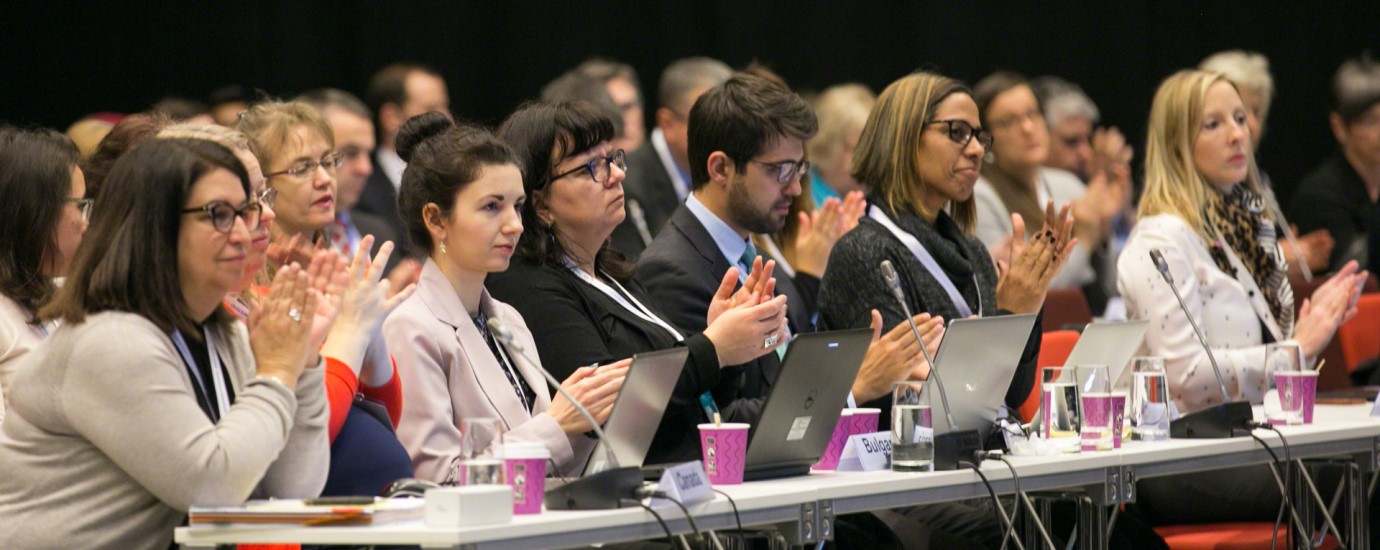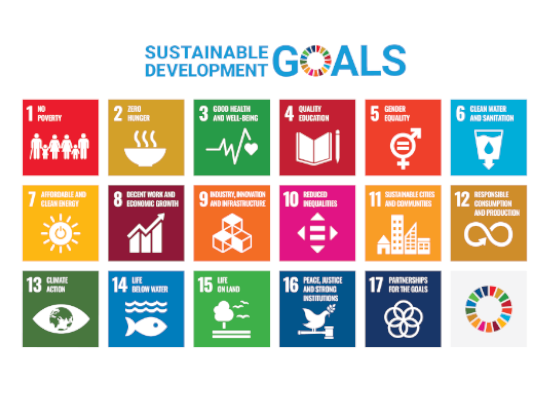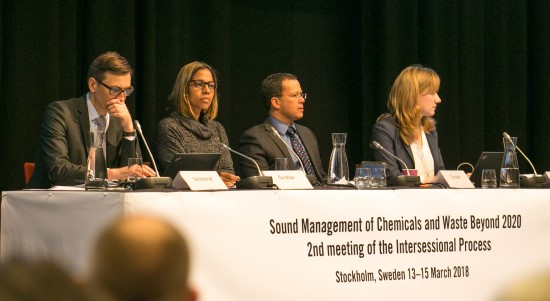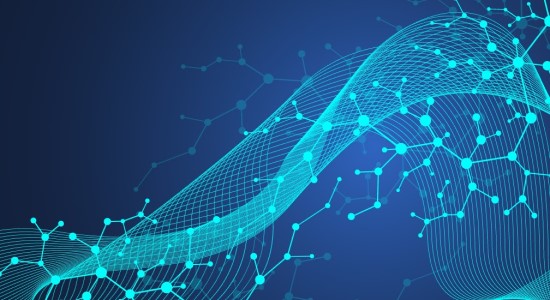The ISC3 is a project partner of the GEF project 9771 on Global Best Practices on Emerging Policy Issues of Concern under SAICM, which is funded by the Global Environment Facility (GEF), led by UNEP, and executed by the SAICM Secretariat. Our contribution within the SAICM GEF project focuses on developing research, supporting knowledge management, and promoting innovation management on Sustainable Chemistry. The ISC3 can help in supporting scientists, entrepreneurs, and Start-ups, especially in developing and emerging countries, to develop new products and processes which are purpose-driven and ecologically sound.

SAICM GEF Project
About the project
The SAICM GEF is being implemented over a 4-year period (2019-2022) and aims to accelerate and measure the adoption of national activities and value chain initiatives to address Emerging Policy Issues (EPIs) for the achievement of the SAICM goal and support early planning for chemicals management in the 2030 Agenda for Sustainable Development. The project is being implemented in over 40 countries with the participation of multiple stakeholders in its execution, including regional Organizations, intergovernmental organisations (IGOs), non-governmental organisations (NGOs), national cleaner production centres (NCPCs), and academia.
The SAICM GEF project focuses on two Emerging Policy Issues (EPI) from the Strategic Approach to International Chemicals Management (SAICM): Lead in Paint; and Chemicals in Products, which generate environmental and health challenges. Furthermore, the project addresses knowledge management, stakeholder engagement, information exchange and strategic planning to ensure concerted and coordinated action on all EPIs.[1]
ISC3 activities within the SAICM GEF project
The main work of the ISC3 focuses on knowledge and stakeholder engagement including fostering of innovation around Sustainable Chemistry. Improving access to information and knowledge on chemicals management amongst SAICM stakeholders is the main aim within this project component. As a platform for dialogue the ISC3 brings together experts from industry, academia, politics, government agencies as well as from the civil society to share ideas, voice expectations and raise concerns on the emerging concept of Sustainable Chemistry and manages a large, international network of cross- sectoral stakeholders related to chemistry. Knowledge sharing among across actors and sectors is our core business, while at the same time picking up and spreading innovative ideas, new perspectives on Sustainable Chemistry.
Promoting innovation management in Sustainable Chemistry
With our annual ISC3 Innovation challenge we promote and foster innovations in Sustainable Chemistry. Innovation challenge winners not only get a cash prize to kick-start their start-up, but also receive customized support by our ISC3 Global Start-up Service (e.g. pitch training, networking events, global visibility via our social media outlets). Winning awards is beneficial for the reputation and funding opportunities of start-ups, and so is our InternationalEntrepreneurial Spirit Award in Sustainable Chemistry by ISC3 and Elsevier Foundation. Participants from developing and emerging countries can win a cash prize and get the chance to join a community of excellent innovators.

Developing research
The ISC3 has an active role by organising workshops that link chemical topics with other relevant debates such as on “How digitalisation and artificial intelligence can contribute to improve chemicals management and promote sustainable innovation” (2019). Together with other well-known scientist from around the world we summarized our perspective in the research paper “Transition to sustainable chemistry” (2021) and found that digitalization is key to a radical transformation to more sustainable and collaborative business models.
The ISC3 is a also lead team member in the “Chemicals in Products” and “Chemicals and SDG” Community of Practice (CoPs) where we engage in interactive discussions, feed into publications of the Knowledge Platform of SAICM to provide learning material, reading news to keep informing people around the globe.[2]

References:
[1] SAICM GEF 9771 project on “Global Best Practices on Emerging Chemical Policy Issues of Concern under SAICM”, http://www.saicm.org/Implementation/GEFProject/tabid/7893/Default.aspx
[2] SAICM GEF Community of practices, https://saicmknowledge.org/topic/community-practice


